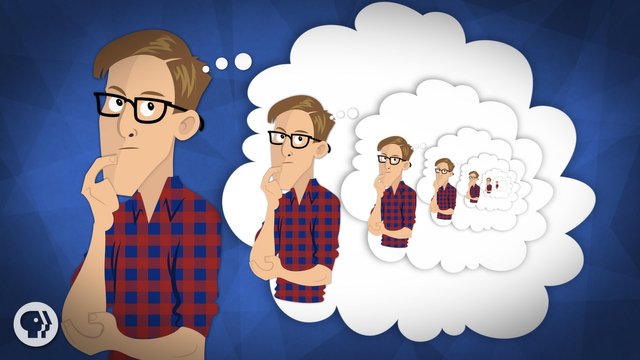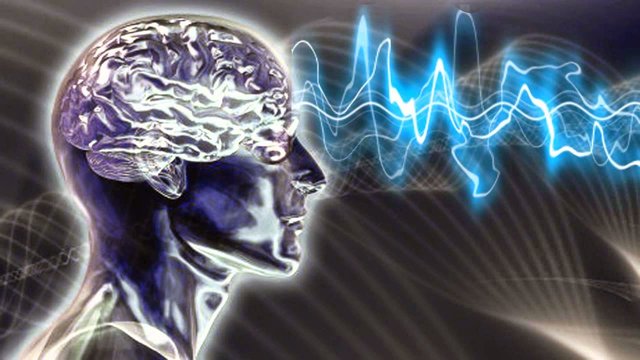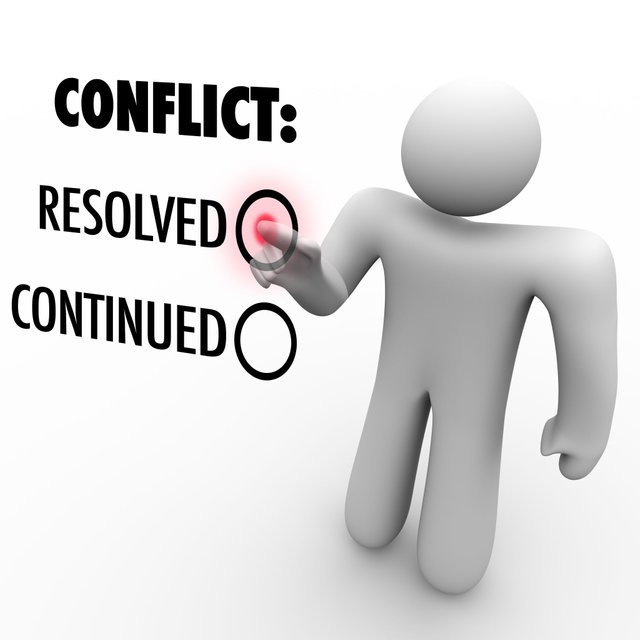The Scientist-Magician Who Summons Deju Vu Into You

Deja vu is French, and it literally means "already seen". You feel like you already saw or experienced something and it's "replaying" like a one-time loop.
Recall how it worked in the movie "The Matrix":
Is it a glitch in our processing? Maybe, but there's a reason for it.
We recall similar memories and this strong feeling of familiarity strikes us as having "already lived it". There is the epileptic recurring kind of deja vu, but I are going to talk about the normal random kind in healthy people.
A new technique has recently been devised by Akira O’Connor to mimic and induce a deja vu like experience in subjects. If we weren't aware of psychological, cognitive and brain manipulation, we might think this technique is akin to someone casting a spell and summoning deja vu within us. Luckily we have less superstition, and we can understand what Akira is doing.

Induce Deja Vu
To mimic a deja vu effect they use a standard technique to trigger false memories. Tell someone related words, like pillow, bed, night, dream, but not the central keyword that links them, sleep. Later when quizzed about it, they believe they heard the word sleep as well. We are making inferences and connecting the information. They didn't hear sleep though, so it's a false memory.
For the deja vu effect, they also asked if any words with 's' were said at the time of giving the other words. But later when asked if they heard the word sleep, they knew they didn't but they still felt that the word was familiar to them for some unknown reason. They likened the feeling to deja vu.

Conflict Resolution
It turns out that deja vu is likely a conflict resolution process in memory. When these tests were happening, fMRO scans were taken. Instead of the normal hippocampus that deals with memory lighting up, most of the activity was in decision making prefrontal cortex.
Instead of an automated correction of where and when something previously happened, and is happening now, we are consciously aware of memory signal discrepancy being corrected. Deja vu is not an error. It signals that effective function of an error prevention process.
In older people with cognitive decline, we might think deja vu would increase, but since these are functioning signals of memory errors being prevented, then that indicates the lack of deja vu in the elderly means that their error correcting process may be less functional. But it might be fine and they are simply not consciously aware of it anymore.
Overall, not having deja vu can mean a lack of will or capacity to reflect on our memory. Yet again, it can also mean you have no errors and no trigger for deja vu is sent. Maybe deja vu is also a survival strategy to be cautious of our own memories and not trust them blindly... who knows.
[Sources: 1, 2, 3, 4, 5, 6, 7]
If you appreciate and value the content, please consider:
Upvoting  , Sharing
, Sharing  and Reblogging
and Reblogging  below.
below.
 me for more great content to come! Please also go through my older work to learn about more topics.
me for more great content to come! Please also go through my older work to learn about more topics.
Author: Kris Nelson / @krnel
Contact: [email protected]
Date: 2016-11-10, 1:47pm EST
This post has been ranked within the top 25 most undervalued posts in the second half of Nov 10. We estimate that this post is undervalued by $10.10 as compared to a scenario in which every voter had an equal say.
See the full rankings and details in The Daily Tribune: Nov 10 - Part II. You can also read about some of our methodology, data analysis and technical details in our initial post.
If you are the author and would prefer not to receive these comments, simply reply "Stop" to this comment.